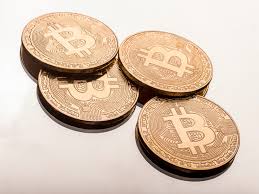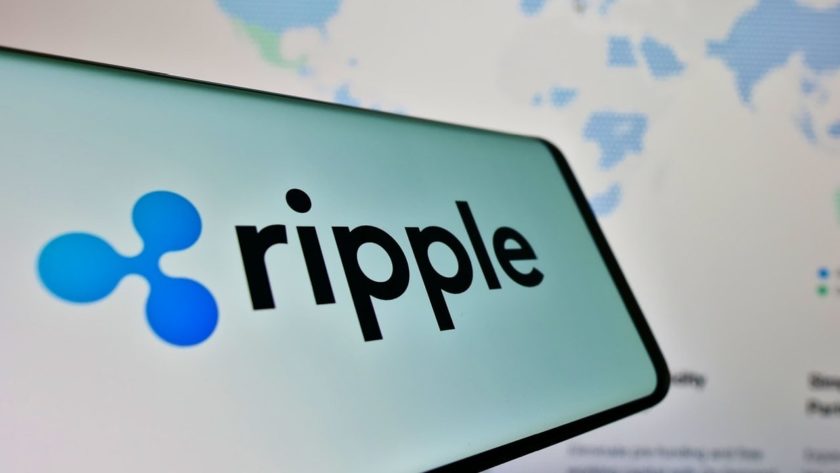The Thai Securities and Exchange Commission (SEC) recently issued several warnings to unapproved regulators in the country. In the past few months, the number of companies launching new ventures in the crypto space of Thailand has grown considerably prompting the regulator to issue such warnings.
The country enacted cryptocurrency regulations in May this year. However, very few crypto exchanges and newly-issued tokens seem interested in getting approval from the Thai SEC.’
Crypto Companies Not Taking Thai SEC Seriously
The Thai Securities and Exchange Commission is not getting the response as expected from the crypto companies as many of these firms are yet to register with the Thai SEC. However, companies are rolling out new ventures in the crypto space every day. Recently, a joint venture between South Korean and Thai companies launched Q Exchange to promote cryptocurrency services in the country. Incidentally, Q Exchange intends to open Thailand’s first cryptocurrency bank.
Q Exchange wants its Thailand-based operations to evolve as the major crypto exchange hub for the ASEAN countries. According to the manager of Q Exchange, “The goal is to open exchange branches nationwide for more than 30 branches in 2018 and increase to 70 branches in 2019.” Another cryptocurrency exchange based in South Korea, Coin25 revealed setting up of a subsidiary in Bangkok. The company currently operates 60 plus branches across Laos and Thailand. However, the exchange allows trading of only its own token.
According to the Thai SEC, Mrc Biz Ltd. is also promoting an initial coin offering (ICO) in the country whereas Corexfly announced the launch of a Thai exchange in August. Furthermore, Bithumb and Upbit, the two largest cryptocurrency exchanges from South Korea also are rolling out exchanges in Thailand.
SEC concerns over crypto-scams are true
The concerns of the Thai SEC over crypto-scams are founded. On November 14, Tokyo police arrested eight men in a pyramid scheme related to cryptocurrency cheating 6,000 people for a total of $68.42 million. As per the reports, the Metropolitan Police Department of Tokyo suspected that the accused were violating the Financial Instruments and Exchange Law as they did not register their business operations with the regulatory bodies.




